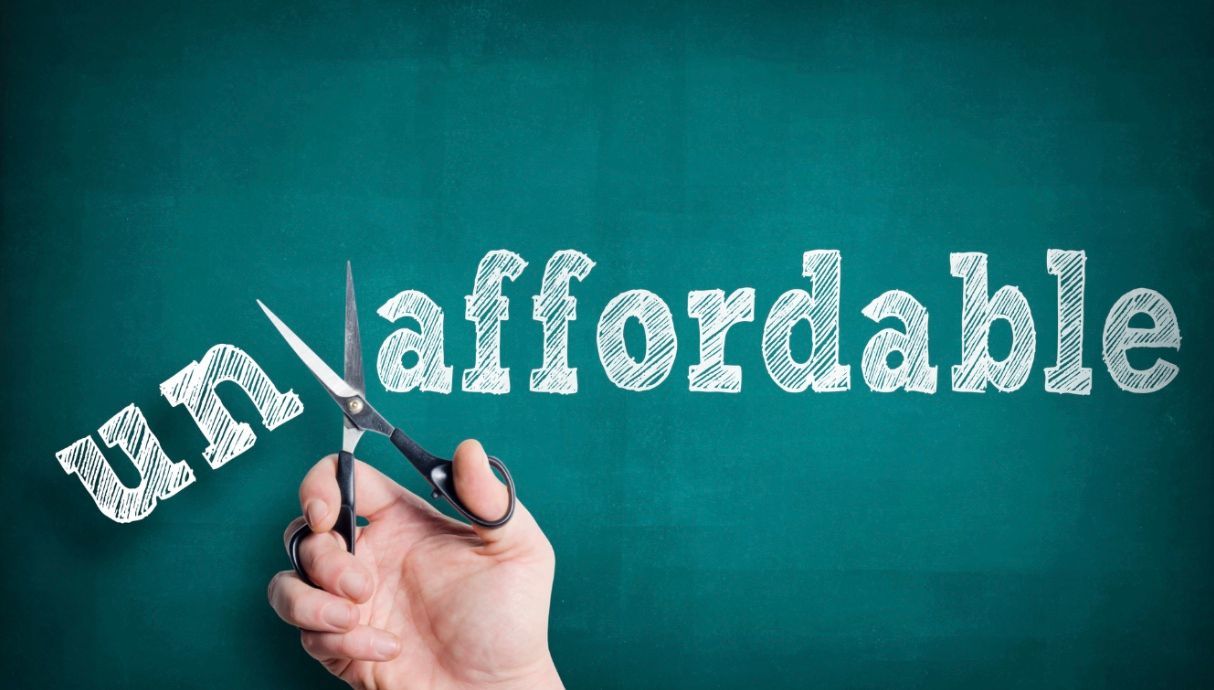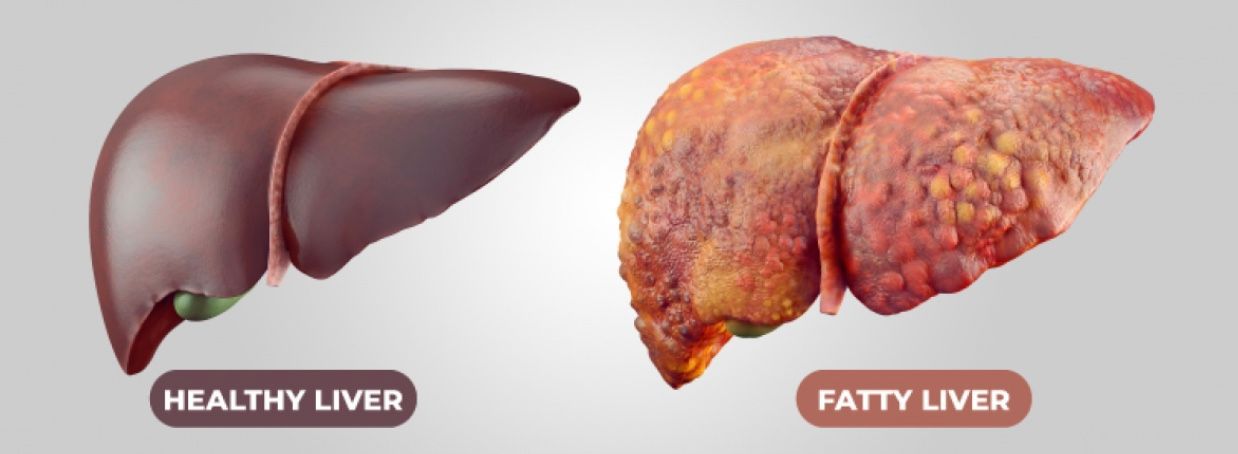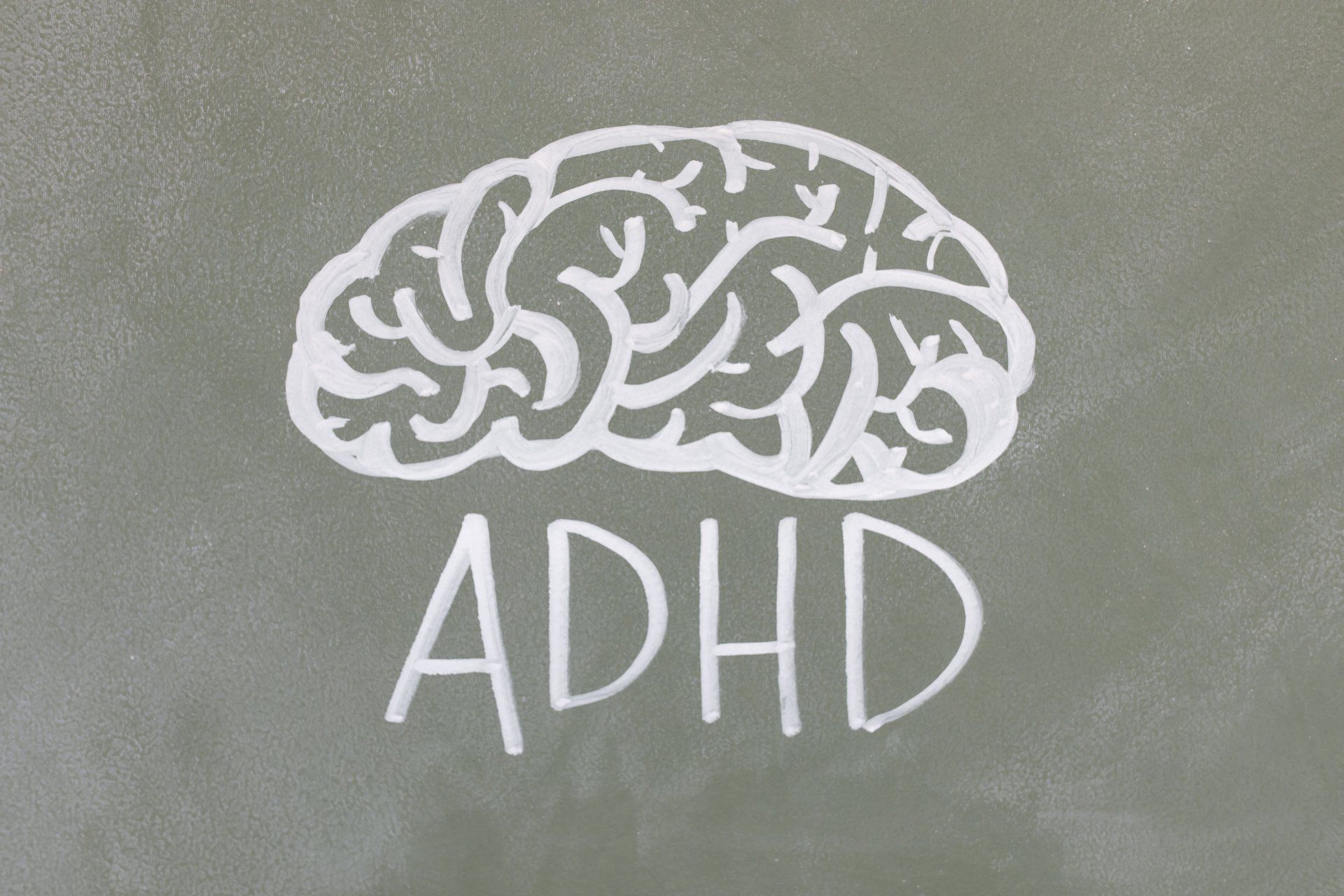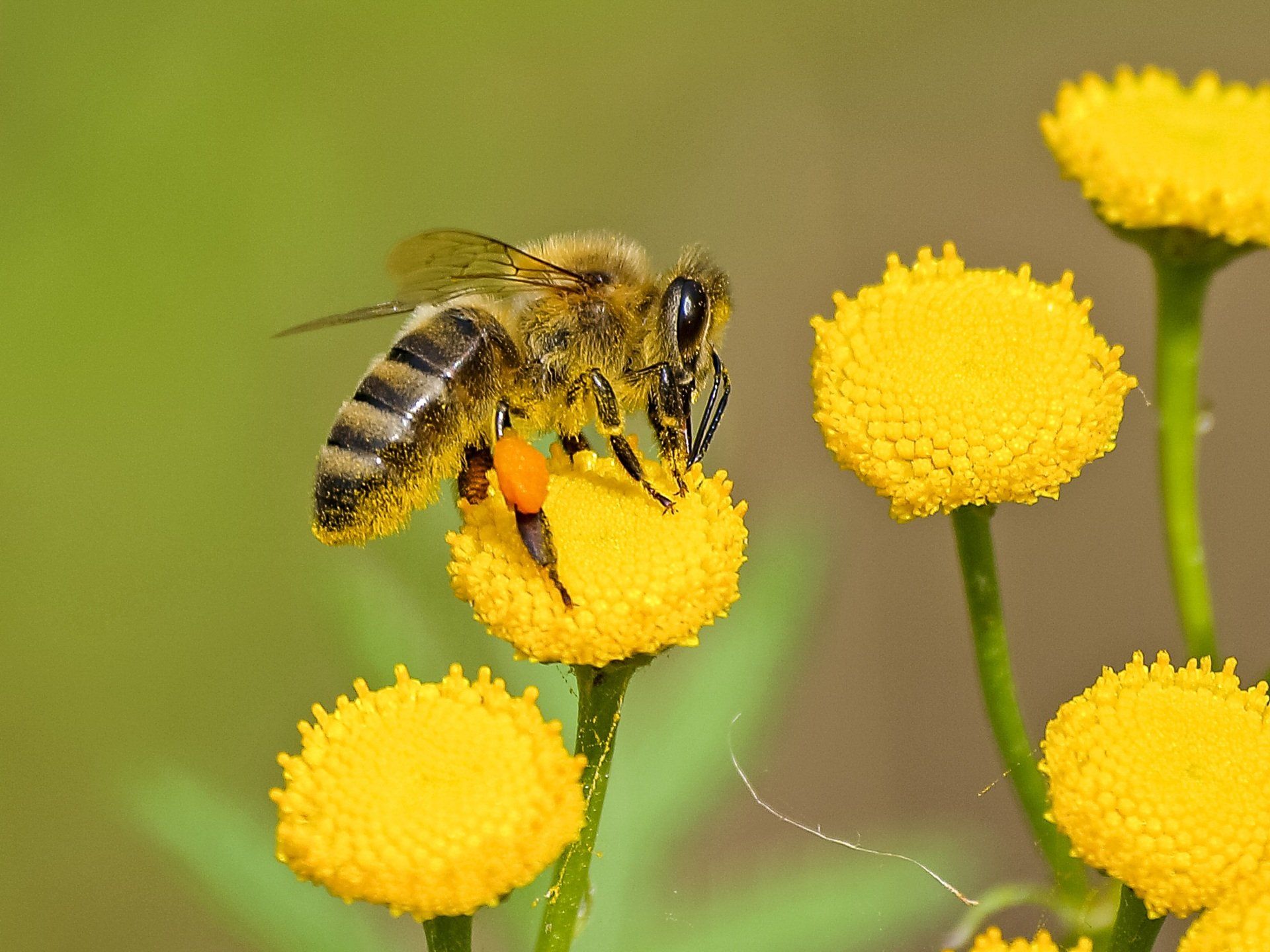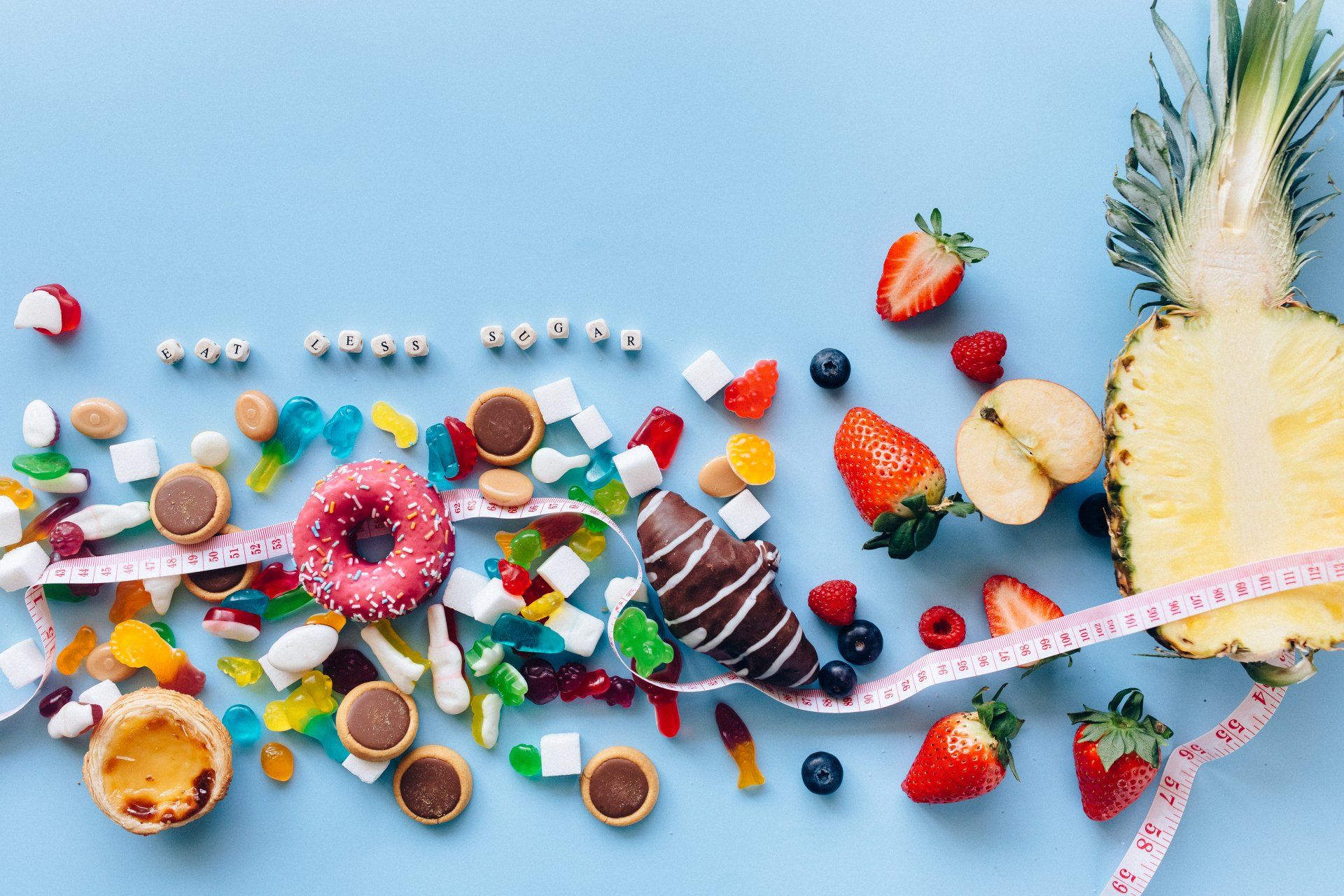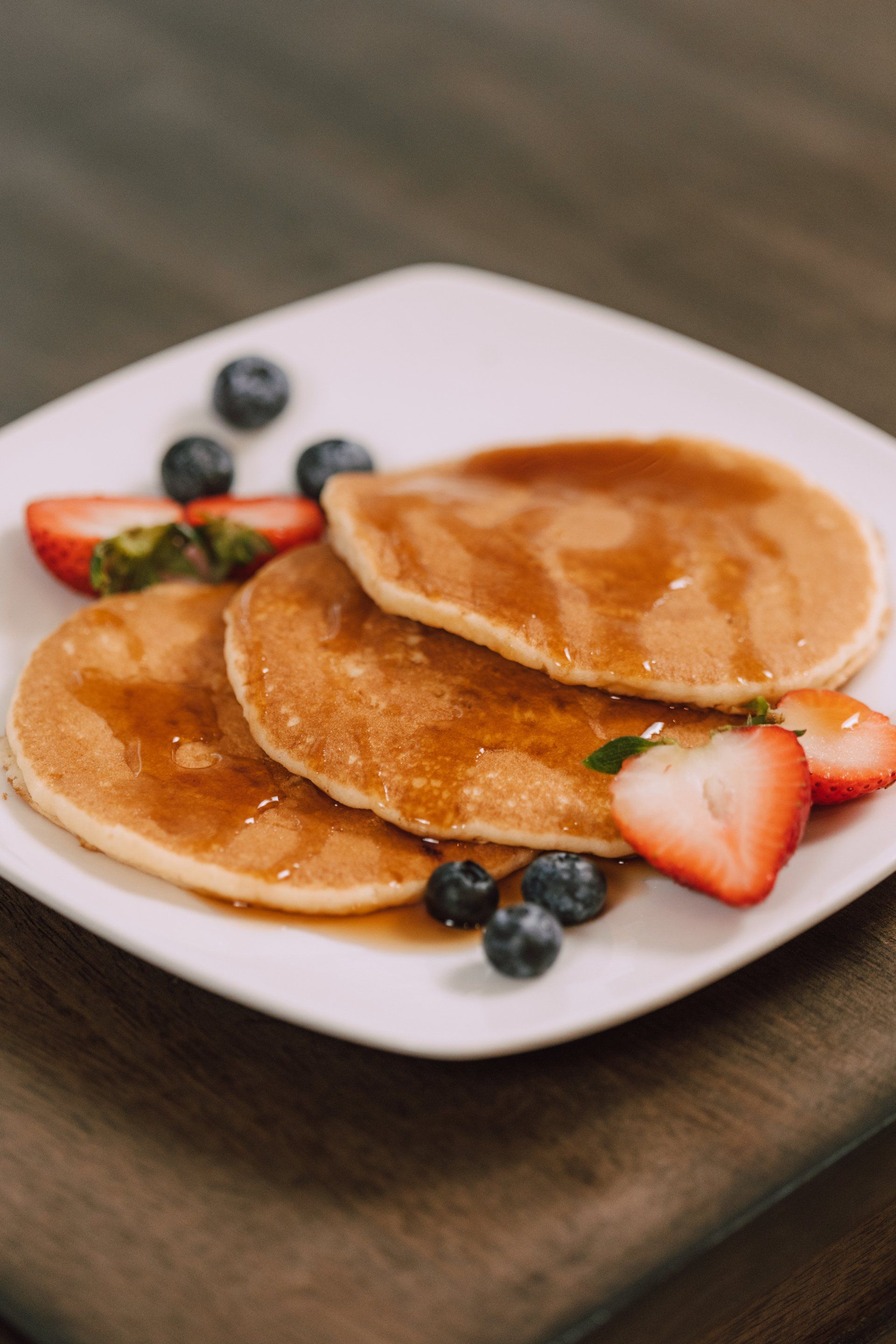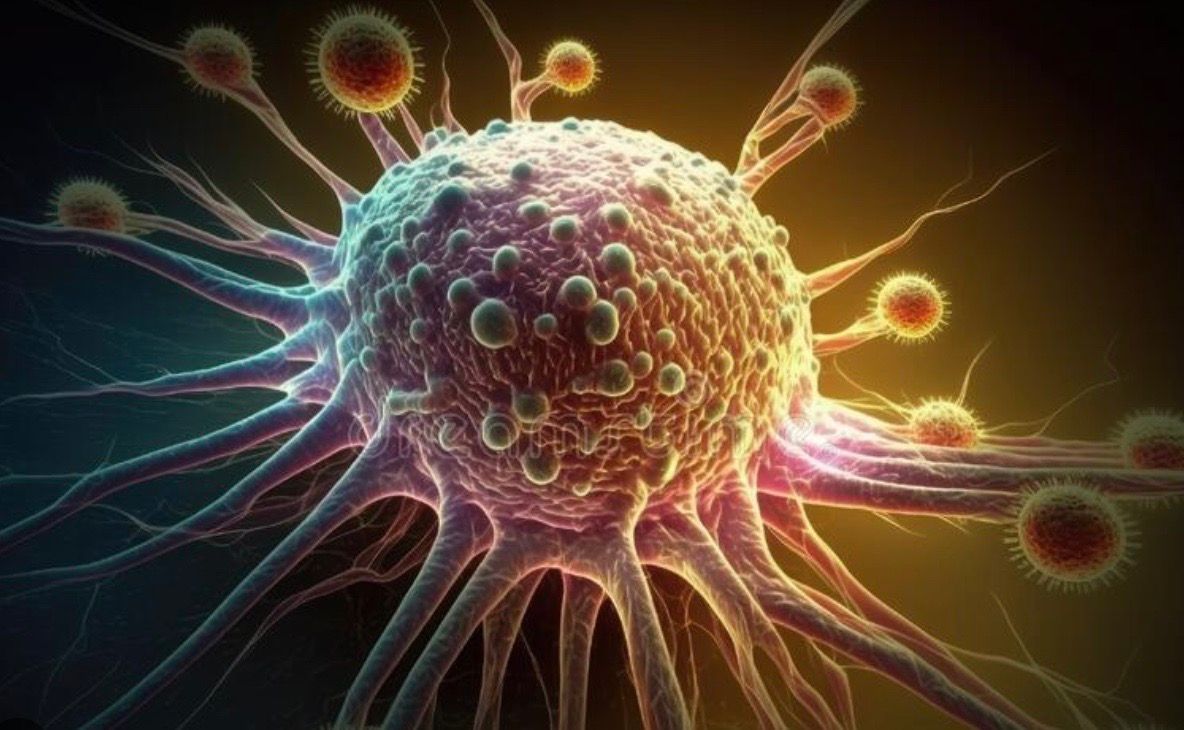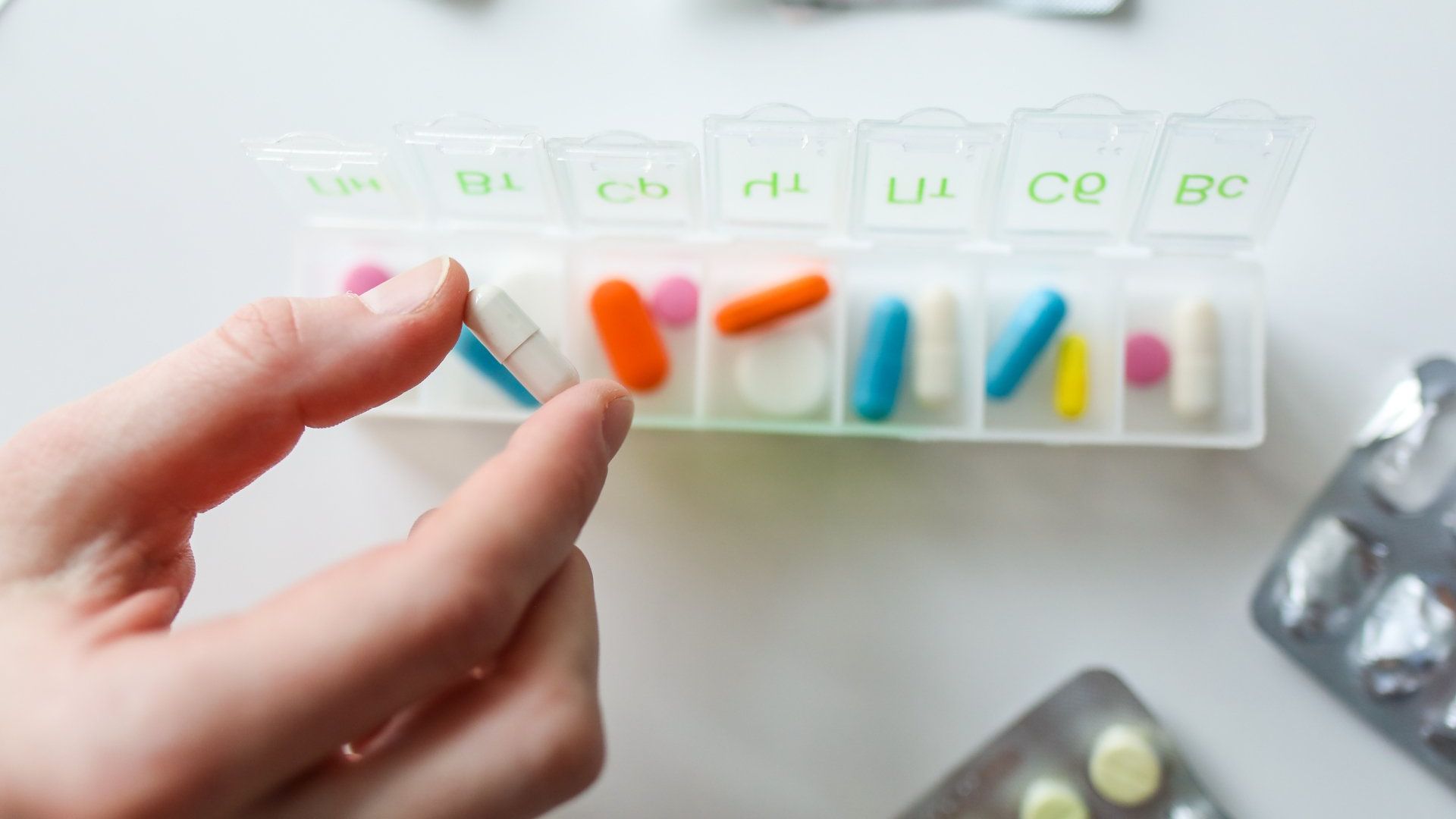Alcohol and REM Sleep
What You Need To Know About Alcohol and Sleep
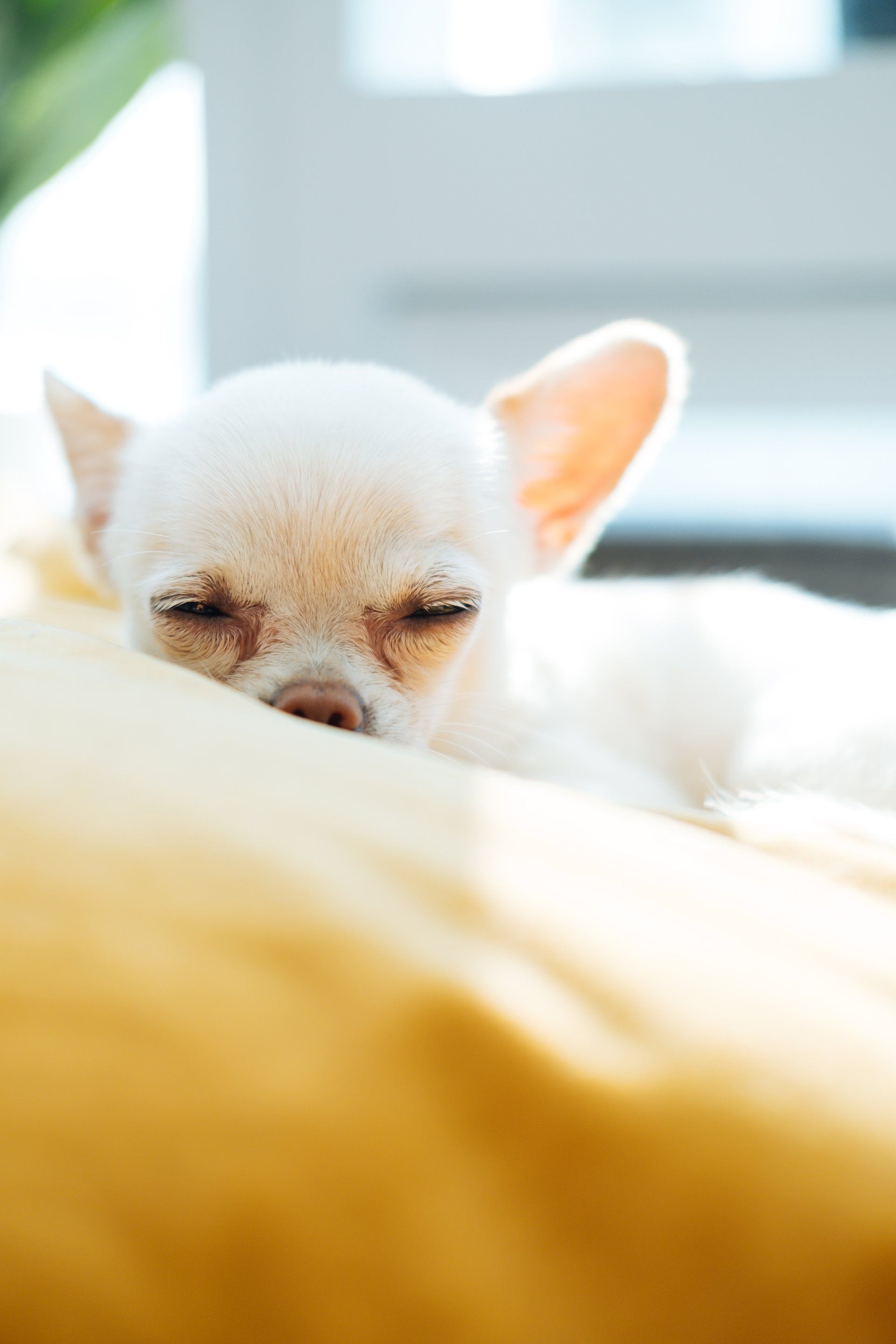
Does alcohol’s drowsing effect mean better sleep?
It’s pretty common to feel relaxed and drowsy after that last cocktail or glass of wine at night, but does that nightcap really help you get enough high-quality sleep?
The relationship between alcohol and sleep is pretty intricate, often misunderstood, and can have significant consequences on the quality of rest we get. While it may seem like a nightcap helps you drift off more easily, the reality is more complex. Alcohol can help you fall asleep, however making you feel sleepy doesn’t mean you’ll get a good night’s sleep.
Up to 80% of the people that I talk to are having at least one glass of "something" at night...and they all say the same things.
"It helps me relax".
"It helps me fall asleep at night"
"it helps me unwind".
Alcohol and REM sleep
Although alcohol may initially help us unwind, relax and fall asleep it ends up disrupting the natural sleep cycle. One of the most crucial stages of the sleep cycle is rapid eye movement (REM) sleep. During this phase, vivid dreaming occurs, and the brain performs critical processes such as consolidating our memories, detoxifying our brain cells and helps to regulate our emotions. Unfortunately, alcohol consumption hinders the duration and quality of REM sleep. This can lead to fragmented sleep, where you wake up several times throughout the night. The suppression of REM sleep can also lead to more vivid dreams and nightmares, sleepwalking and other disruptive sleep disorders, insomnia, and even breathing problems like sleep apnea. In fact, as more alcohol is consumed, sleep quality tends to get worse.
Moreover, alcohol disrupts the production of adenosine, a sleep-regulating chemical in the brain. Adenosine builds up in our system throughout the day and promotes a feeling of sleepiness. When we sleep, adenosine levels gradually decrease, allowing us to wake up feeling refreshed. However, alcohol interferes with this process, leading to a less effective reduction in adenosine levels. As a result, we don't feel well rested when we wake up.
Alcohol also acts as a diuretic, meaning it increases urine production. This can lead to more frequent awakenings during the night to use the restroom, further disrupting the natural sleep cycle.
While it might be tempting to indulge in a nightcap to relax before bed, it's important to recognize that the perceived benefits of alcohol on sleep are outweighed by its negative impacts on the overall sleep architecture.
Conclusion
Alcohol messes up your sleep because of what it does to your body’s physiology and biochemistry. For example:
- Several hours after drinking alcohol, your body releases the stress hormone adrenaline which is a stimulant that increases your heart rate and causes you to wake up.
- People who drink alcohol tend to have more leg movements during sleep and this often wakes them up when they should be sleeping.
- Alcohol can reduce your melatonin levels which is a critical hormone needed for restful sleep.
- Drinking alcohol can worsen indigestion, heartburn, and the need to wake up to go to the bathroom when you should be sleeping soundly.
Fun Fact: Did you know that even a moderate amount of alcohol can alter your sleep patterns? Studies have shown that as little as one drink can have noticeable effects on the quality of your sleep.
If getting more, high-quality sleep is important to you, consider cutting down on alcohol—especially before bedtime.
Mocktail Recipe: Sparkling Mint Lemonade
Ingredients:
1 cup fresh lemon juice- 1/2 cup honey
- 1/4 cup fresh mint leaves
- Sparkling water
- Ice cubes
- Lemon slices and mint sprigs (for garnish)
Instructions for Sparkling Mint Lemonade:
- In a small saucepan, combine the honey and 1/2 cup of water. Heat over low heat, stirring until the honey is completely dissolved. Remove from heat and let it cool.
- In a pitcher, muddle the fresh mint leaves to release their flavor.
- Add the fresh lemon juice and the cooled honey mixture to the pitcher. Stir well to combine.
- Fill glasses with ice cubes and pour the lemonade mixture over the ice, filling each glass about halfway.
- Top off each glass with sparkling water for a fizzy kick. Stir gently to combine.
- Garnish with lemon slices and a sprig of fresh mint.
Have questions or want more information on how to optimize your sleep and health, book a free meet and great with Dr. Dunbar.

